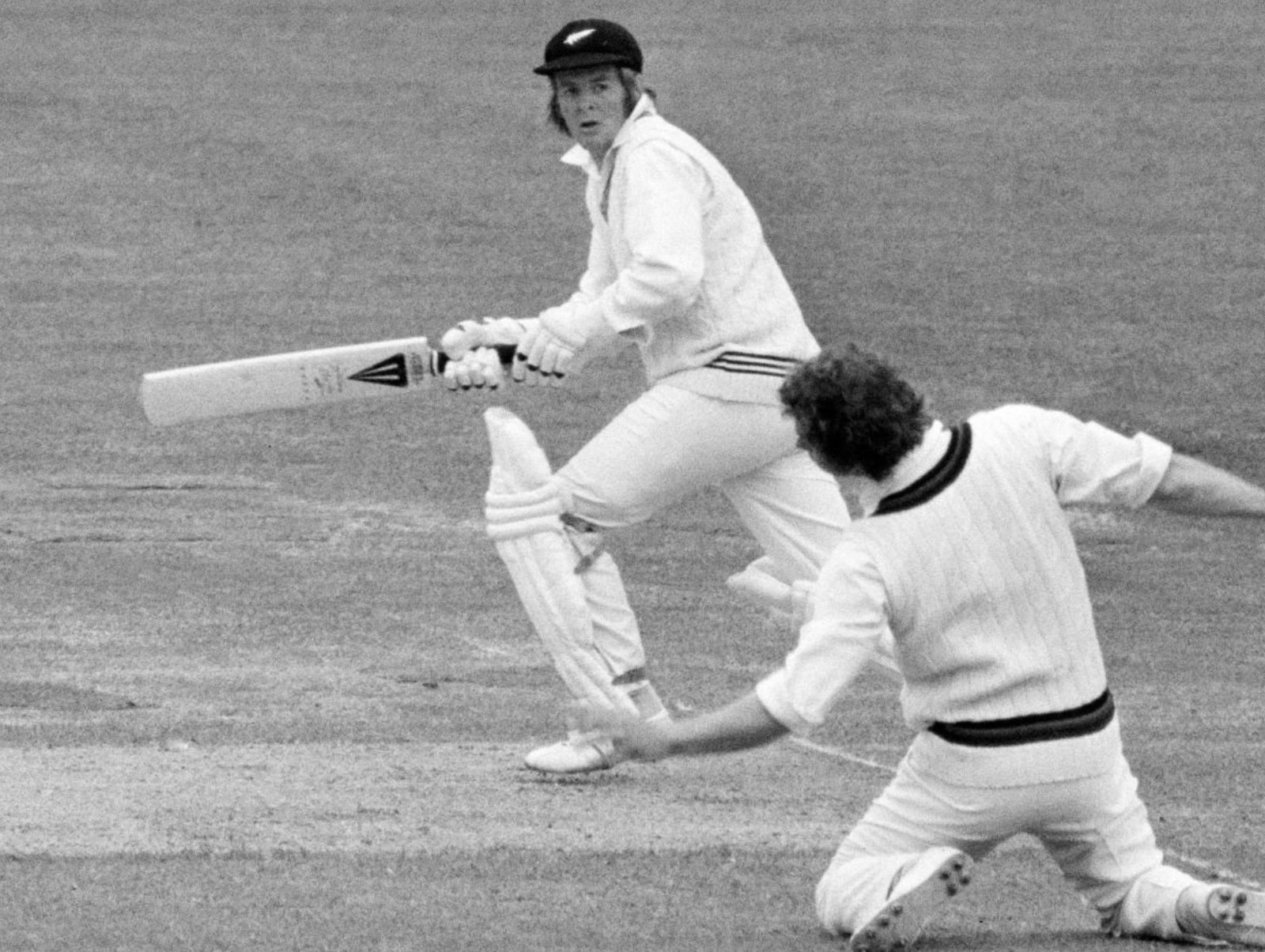Glenn Turner’s thoughts for the final one-day match against the West Indies that the selectors brought in Rutherford. This appeared to be a result of media pressure. The move was not a success. In the weeks before the West Indies tour, I had many misgivings about becoming involved.
I had anticipated many of the problems that arose, and before accepting the job as cricket manager, I knew I had to prepare myself psychologically for the inevitable frustrations. I could see that, for me, the overall outcome was likely to be one of two extremes, explosive or passive. Frankly, I don’t think the tour did anything to enhance either the game of cricket itself or New Zealand cricket in general.
How the West Indies dawdle through their overs and about the field, and the way umpires seem unwilling or powerless to act authoritatively—partly because they have no faith in administrators being prepared to back them up—is taking the game back many years. The only skill the fast bowlers concentrated on was to bowl fast, short of a length, and straight. Only Marshall ever attempted to pitch the ball up and swing it. The West Indies certainly moved well in the field, but tactically, and by way of field placements, they offered nothing new. Few, if any, were impressed by Richard’s captaincy.
His field placements were unimaginative; he put his bowlers on and forgot about them, and tactically, he showed us nothing. In the field, he dawdled up and down the pitch and aggravated people with a mooching casualness, which seemed to say, The game will be played at my pace and in my way. Richards appears to have suffered from the tremendous pressure brought to bear on him through his being constantly acclaimed ‘the greatest batsman in the world’.
On the surface, it may seem enviable, but having to listen to this sort of talk at function after function, from speaker after speaker, must become a burden for even the most egotistical of people. Viv Richards is a better player than he showed us in New Zealand. On his day, he can slaughter most bowling, but he seems unprepared to humble himself and defend, to fight it out when the ball is moving and where he does in the around.
By playing the way he does batting order, he gives himself many chances of playing exceptionally fast-scoring innings. His batting, looked at objectively, is neither elegant nor, technically, very sound. The truly great players have always batted further up the order. Still, the majority of bowlers surely dread him because of his violent batting style. In this respect, he can rightly claim the title of ‘master blaster’.
Gordon Greenidge played very well in New Zealand, and one or two of the others showed some flair, but in the main, the West Indies batting technique was poor. Apart from two or three of their senior players, the tourists were a pleasant enough group. Their manager, Steve Camacho, was very amiable, and as the tour progressed, the whole party became more agreeable.
Most of the credit for this belongs to journalists, who generally took a generous-spirited attitude towards the visitors, and to the administration, which bent over backward to allow the tourists to have things their way. This series did have the effect of firing a salvo across the bows of New Zealand cricket. There are clear warnings that a decline is imminent in the standard of the New Zealand team. Panic and a lack of confidence and understanding were creeping into several areas, not least selection.
We certainly don’t want to repeat England’s experience under the convenorship of Peter May, where pressure from the fickle hand of the media greatly influences selections. We must use our best cricket brains to stop the decay and prepare carefully for the future. The question I posed at the end of the penultimate chapter of this book remains, and even more urgently requires answering. But will we?
